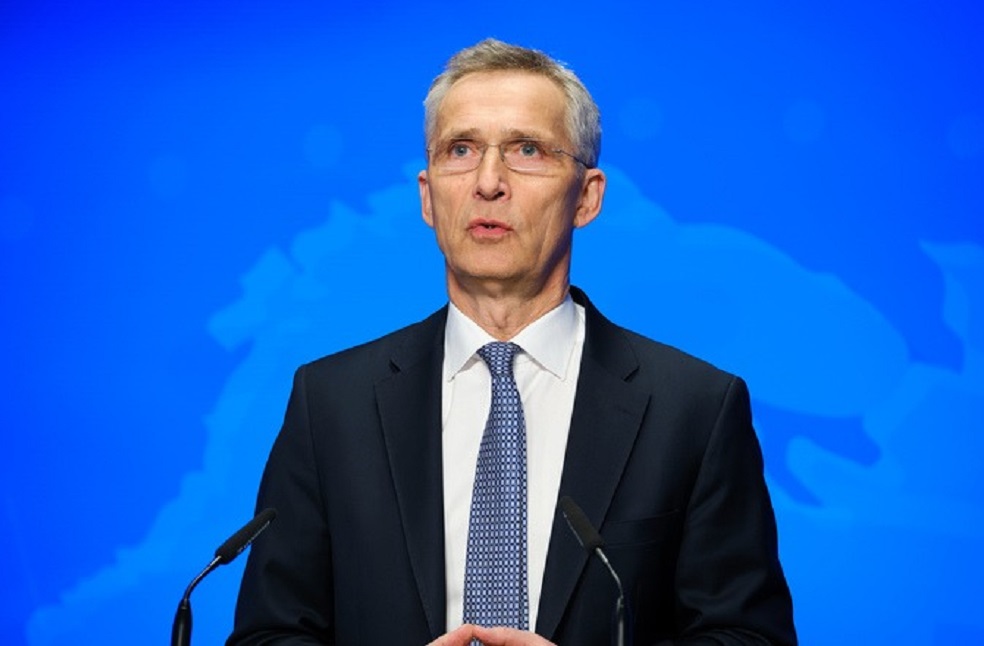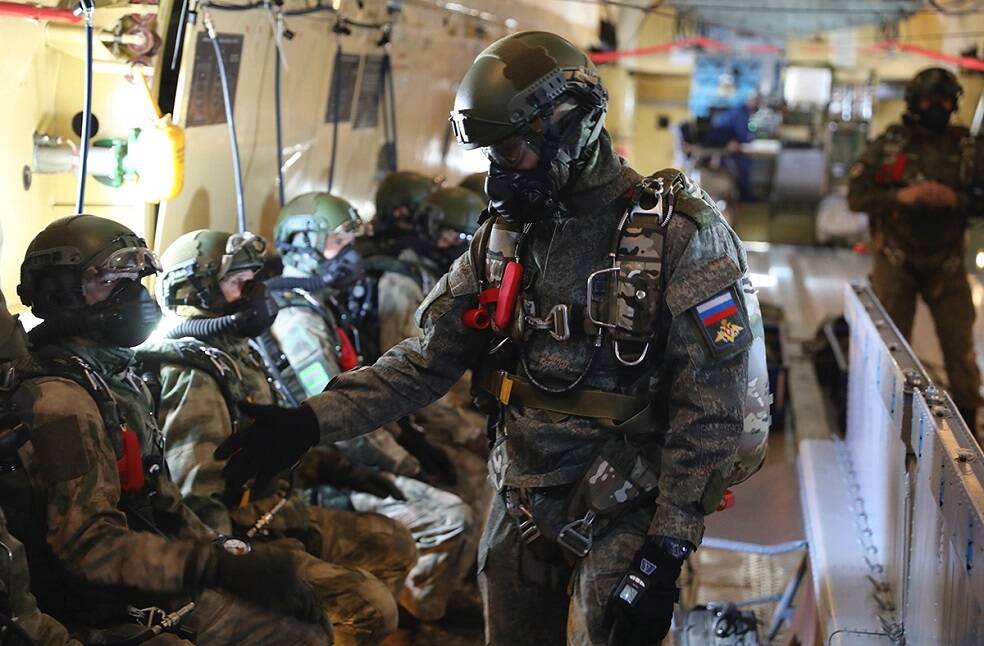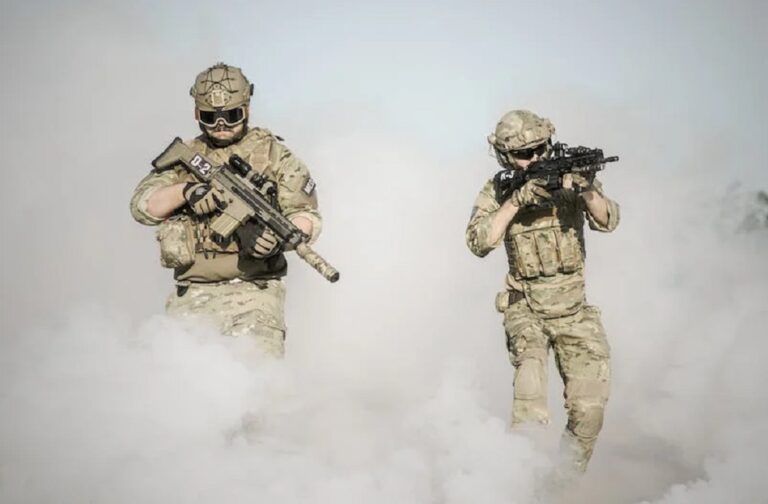Ukraine: Former NATO Secretary General Mr. Anders Rasmussen has stated that a group of NATO countries may be willing to put troops on the ground in Ukraine if member states, including the US, do not provide tangible security guarantees to Kyiv at the alliance’s summit in Vilnius.
Mr. Rasmussen, who has been acting as official adviser to the Ukrainian President Mr. Volodymyr Zelenskiy on Ukraine’s place in a future European security architecture, has been touring Europe and Washington to gauge the shifting mood before the critical summit starts on July 11.
The former NATO Secretary General also warned that even if a group of states did provide Ukraine with security guarantees, others would not allow the issue of Ukraine’s future Nato membership to be kept off the agenda at Vilnius.

Mr. Rasmussen made his remarks as the current Nato chief, Mr. Jens Stoltenberg, said the issue of security guarantees would be on the agenda at Vilnius, but added that Nato, under Article 5 of the Washington Treaty, only provided full-fledged security guarantees to full members. The US ambassador to NATO, Ms. Julianne Smith, commented that “we are looking at an array of options to signal that Ukraine is advancing in its relationship with NATO.”
Mr. Rasmussen further noted that “if NATO cannot agree on a clear path forward for Ukraine, there is a clear possibility that some countries individually might take action. We know that Poland is very engaged in providing concrete assistance to Ukraine. And I wouldn’t exclude the possibility that Poland would engage even stronger in this context on a national basis and be followed by the Baltic states, maybe including the possibility of troops on the ground.

The former Secretary General said it would be entirely legal for Ukraine to seek such military assistance. His striking suggestion that some states may regard the stakes as momentous enough to use their own troops could be seen as a warning to countries that the risks, including the threat to NATO unity, do not only come if Ukraine is provided a quick path to NATO membership or powerful security guarantees. Germany remains wary of going too far, fearing it would provoke Russia.
According to Mr. Rasmussen, it was imperative that Ukraine receive written security guarantees, preferably before the summit but outside the NATO framework. These need to cover intelligence sharing, joint Ukraine training, enhanced ammunition production, NATO interoperability, and a supply of arms sufficient to deter Russia from a further attack.



